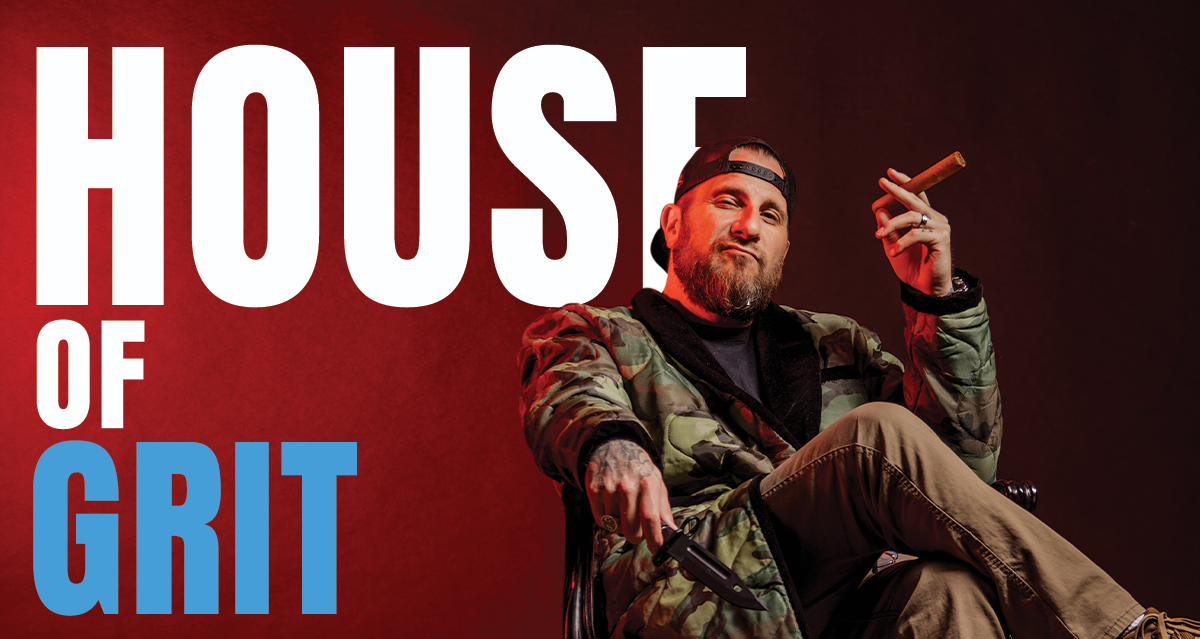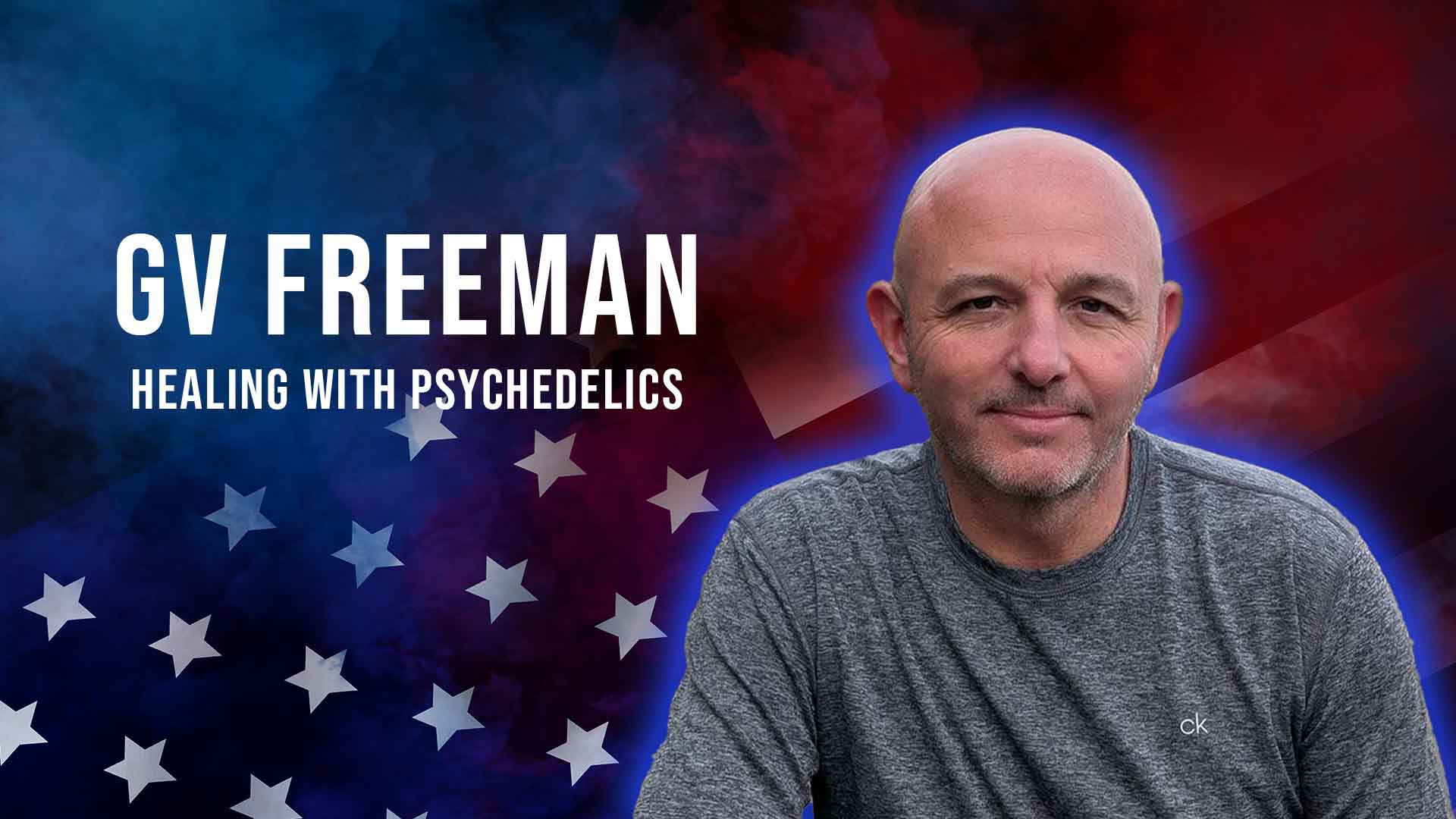In my book Perfectly Flawed, I describe my own experience of Military Sexual Trauma (MST) and how the mistreatment I experienced following the act compounded the negative impacts to my mental health. MST is still a stigma that many service members and veterans struggle to openly discuss. Many have polarized MST as a men vs. women issue, however MST can happen to anyone in the military and ultimately it affects all of us adversely. In this article, I will help define MST, its impacts and share a variety of resources for those who, like me, have struggled to find a community that understands.

Military Sexual Trauma (MST) is an experience of sexual assault or sexual harassment during military service. Unlike the often talked about post-military mental health condition PTSD, MST is not a diagnosis or mental health condition. It is one of the highest forms of betrayal where those who are depended upon for survival end up violating their own colleagues or subordinates, breaking the social agreement of trust. The victim, while still in a dependent situation, is unable to confront or break ties with the perpetrator of the violation. This damages the victim’s well-being, self-concept, relationships and view of the world. Rape and interpersonal violence, which causes PTSD, is made even worse when it occurs in the military because of continued exposure and involvement with the perpetrator.
MST includes any sexual activity that you are involved with against your will. Examples include:
- Being pressured into sexual activities (such as with threats of negative treatment if you refuse to cooperate or promises of better treatment in exchange for sex)
- Sexual contact or activities without your consent, including when you were asleep or intoxicated
- Being overpowered or physically forced to have sex
- Being touched or grabbed in a sexual way that made you uncomfortable, including during hazing experiences
- Comments about your body or sexual activities that you found threatening
- Unwanted sexual advances that you found threatening

Studies show that approximately 33% of MST survivors who report their crime are discharged from the military, often within 7 months of the report submission. Survivors are also known to experience a more unfavorable discharge (i.e., 24% of service members who reported MST separate with a less than honorable discharge status compared to 15% of all service members with that discharge status). Research suggests that many survivors do not come forward and report their assault out of fear that they will not be believed, that they will be retaliated against, or that they may appear weak in a culture that is grounded in strength. Likewise, MST survivors must often continue to work and/or live alongside their perpetrators, potentially increasing stress and preventing trauma recovery. There are a variety of reactions one may have in response to MST. The type, severity, and duration of an individual’s difficulties will alter based on factors whether he/she has a prior history of trauma, the types of responses he/she received from others at the time of MST, and whether MST happened once or was repeated over time.
Some of the difficulties people may have after MST include:
- Strong emotions: feeling depressed; having intense, sudden emotional reactions to things; feeling angry or irritable all the time
- Feelings of numbness: feeling emotionally ‘flat’; difficulty experiencing emotions like love or happiness
- Trouble sleeping: trouble falling or staying asleep; disturbing nightmares
- Difficulties with attention, concentration, and memory: trouble staying focused; frequently finding their mind wandering; having a hard time remembering things
- Problems with alcohol or other drugs: drinking to excess or using drugs daily; getting intoxicated or “high” to cope with memories or emotional reactions; drinking to fall asleep
- Difficulty with things that remind them of their experiences of sexual trauma: feeling on edge or ‘jumpy’ all the time; difficulty feeling safe; going out of their way to avoid reminders of their experiences
- Difficulties in relationships: feeling isolated or disconnected from others; abusive relationships; trouble with employers or authority figures; difficulty trusting others
- Physical health problems: sexual difficulties; chronic pain; weight or eating problems; gastrointestinal problems
The Armed Services and Department of Veteran Affairs offer resources like The Safe Helpline to MST survivors. With that, survivors may also seek various levels of support through external organizations as well.
According to The Pink Berets Founder, Stephanie Gattas, “when we speak to the gravity of the issue that is MST, we take on a herculean type task to drive change. No one in this day and age should have to choose between peace or justice. There are a number of different elements that go into instituting that change and it starts with hearing the voices of those men and women who survived a traumatic event. When we become the architect, we determine how we want to build this narrative. We cannot choose to fear the institutions that allowed this to become an epidemic. If we do not come together in solidarity and rise together, then we are in danger of the very complacency that got us here to begin with. If you want your legacy to involve the countless lives you impacted discussing a stigmatized issue across the world, (yes world) then those hard discussions need to start now. Are you going to be the company that plays it safe or are you going to be the game changer? I’m okay with controversy if it means lives will be saved.”
After I transitioned out of the military, I struggled to find a community that understood my MST experiences. In 2020, the #iamvanessaguillen hashtag trended on social media during the disappearance of Vanessa Guillen. It was then that I realized this problem expanded further than I could have ever imagined. Through that hashtag, I was able to connect with other survivors as well as locate resources to help me with my unique needs as I navigate through life with the effects of MST. The aftermath of MST affects survivors for life, below are a few resources for those who are seeking any type of assistance.
Resources:
- The Pink Berets - It is the mission, duty and purpose of The Pink Berets to address, educate, coordinate, and provide aid and relief to active duty women of the United States Armed Forces and Veterans seeking assistance with invisible injuries such as Post Traumatic Stress Disorder, Military Sexual Trauma and Combat Trauma Stress on a local and national level.
- Protect Our Defenders (POD) - Protect Our Defenders (POD) is the pre-eminent national human rights organization dedicated to ending sexual violence, victim retaliation, misogyny, sexual prejudice, and racism in the military and combating a culture that has allowed it to persist.
**The majority of information obtained for this article was obtained from a variety of DoD reports, but also a variety of other empirical sources. Please contact the authors with any questions.
Author: Janae Sergio, U.S. Navy Veteran



%201.svg)









